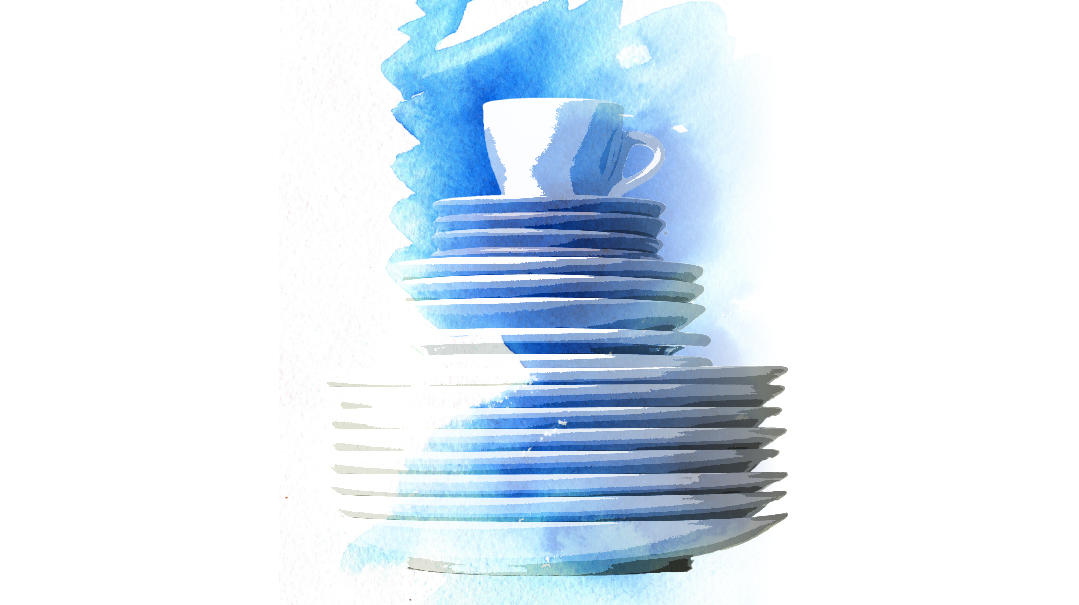Summer Job: Chapter 49


T he previous night Chaim had laughed at the discussions about proper Visiting Day attire.
“It’s a regular day in camp what’s the big deal? No one cares: tie camp T-shirt tuxedo whatever. Everyone should just figure it out. It doesn’t need a special panel by the Agudah convention to decide.”
But after all that he’d woken up on Visiting Day morning uncertain about it. He’d stood idly in front of the tiny closet weighing his options. He knew that people would be talking about him all day wondering what he did and how he was managing. There would be people from the neighborhood and shul and he had no doubt that they were all preparing reports for friends and family: You were at Neos Deshe? Did you see Reimer? What a weird story how’s that working out?
So it was a dilemma after all. To wear the bright Camp Neos Deshe T-shirt over a regular shirt like his father-in-law did would make it look like he was trying to take over his father-in-law’s role. To wear a tie — more administrative — would make it look like the same old Chaim Reimer from Flatbush offering sound advice about using retirement funds before they’d fully matured. It would be as if he hadn’t changed. And he had.
As he stood there wondering if he should wake Rivky and ask her he got a text.
Yudi: Ta. Go with a T-shirt under regular dress shirt; strikes the right tone.
And Chaim typed the same thing he’d found himself writing again and again over the past few weeks. Be gebentsht don’t know what I’d do without you.
Yudi.
He’d grimaced when Yudi as a teenager had bought six new multicolored yarmulkes for camp. He’d rolled his eyes when Yudi would sing camp songs at the Shabbos table. During the winter Yudi would sit on the floor in the den listening to songs and trying to decide which would work as an alma mater for the camp and Chaim would shake his head in wonder. Chaim had muttered under his breath about messed-up priorities when with two weeks to his chasunah Yudi seemed most concerned about the music. Rivky and the girls had been happy participants in the discussion arguing about the benefits of “Final Countdown” versus the introduction to “The Band ” from Journeys 5 as the perfect chassan-kallah entrance music listening to clips of each one again and again. Chaim would escape to his study still irritated at the silliness of the debate; weren’t there more important things to worry about?
It wasn’t only that. Every Chol Hamoed Yudi would come home from Walmart with new board games not regular ones like Scrabble or even Monopoly — but really strange games that involved guessing each other’s thoughts or asking for secrets or forcing people into dares. Yudi would bring them out after the grandchildren were in bed and all the adults would get excited and act like they were in high school again.
There were always good-natured jokes at Chaim’s expense and Rivky would tease him about not playing. “What’s your excuse this time a chavrusa? A tennis partner? A headache?”
“Tatty wants to play chess ” Yudi would say “on a set with glass pieces.”
“Right and no one should talk they should just frown and move pieces nothing more ” Nechamie would add making a serious face.
“They can only smoke pipes ” Yudi would chortle.
Chaim would laugh along accepting their judgment that he really didn’t want to play and usually found himself alone in the study their laugher chasing him down the long hallway. His family was having fun he would think. That was something.
But he wasn’t part of it. He’d never really been part of it.
And now here he was the main player in a different game and it was Yudi teaching him the rules. (Excerpted from Mishpacha Issue 655)
Oops! We could not locate your form.







